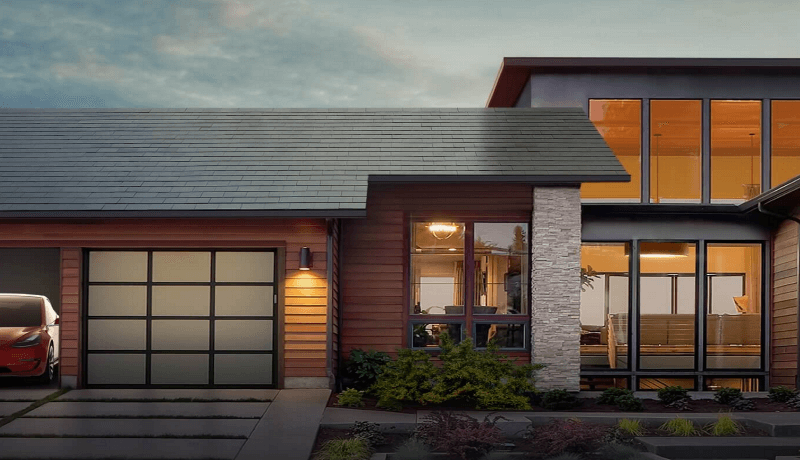What the Autumn Statement means for UK Housing
Last week Joju exhibited at Homes 2o16 at the London Olympia. The UK’s largest exhibition for housing professionals. Delegates, exhibitors and guests at Homes 2016 were all there to discuss how councils, housing associations and constructors would meet the Government’s pledge, from earlier this year, to build one million new homes by 2020 at a cost of £5 billion. Now a week on and following yesterday’s Autumn budget the industry are responding to the decision by the Government to invest a further £1.4bn to deliver 40,000 affordable homes across Britain and at the same time relax restrictions on government grants to widen the types of homes being built.
The announcement of a £2.3 billion Housing Infrastructure Fund to overcome local objections and unlock 100,000 new homes in areas of high demand in particular seems an overall positive decision. However, new communities must be supported by improvements to local infrastructure. Energy infrastructure will be crucial for these new homes especially when one considers the potential of solar power and home battery storage to improve the lives of those in social housing and first time buyers. New communties don’t need to rely on the old and tired methods that limit existing developments. Housebuilders should be considering the issues, like energy consumption, that may face households of the future. At Joju we firmly believe solar PV and home battery storage can play a crucial role in creating fairer homes of the future.
In particular the new Housing Infrastructure Fund will give housebuilders a helping hand to accelerate the delivery of new homes in high demand localities such as London, Cambridge and Oxford. All areas in which Joju has worked before and where we can see ourselves playing a crucial role.
While the decision to address the UK’s housing supply crisis is welcome and the headline numbers seem eye-catching it does require a stretch of the imagination to believe that a new homes supply can be unlocked for £23,000 each or an affordable house can be built for £35,000. Future housing has to be built in a way that is fairer for all and looking for energy savings through solar PV and LED energy efficient lighting could be two ways of doing this.
It is, however, clear to all that this was a budget produced by a Chancellor who ultimately has one hand tied behind his back by the Brexit result and the uncertainity it brings while at the same time he must placate a Prime Minister trying to keep her party in line. There is still so much economic uncertainty that it is difficult to be over excited by announcements of increased infrastructure spending and more housebuilding.
Whatever your own opinions of the new Chancellor’s budget the ideas announced yesterday demonstrate that this new government does recognise that housing is a key part of our infrastructure and that it brings economic benefits. We only hope at that they are a government who can also see the tangible benefits of investing in sustainable, fairer and more environmentally friendly technologies like solar PV and LED efficient lighting at the planning and construction stage.





